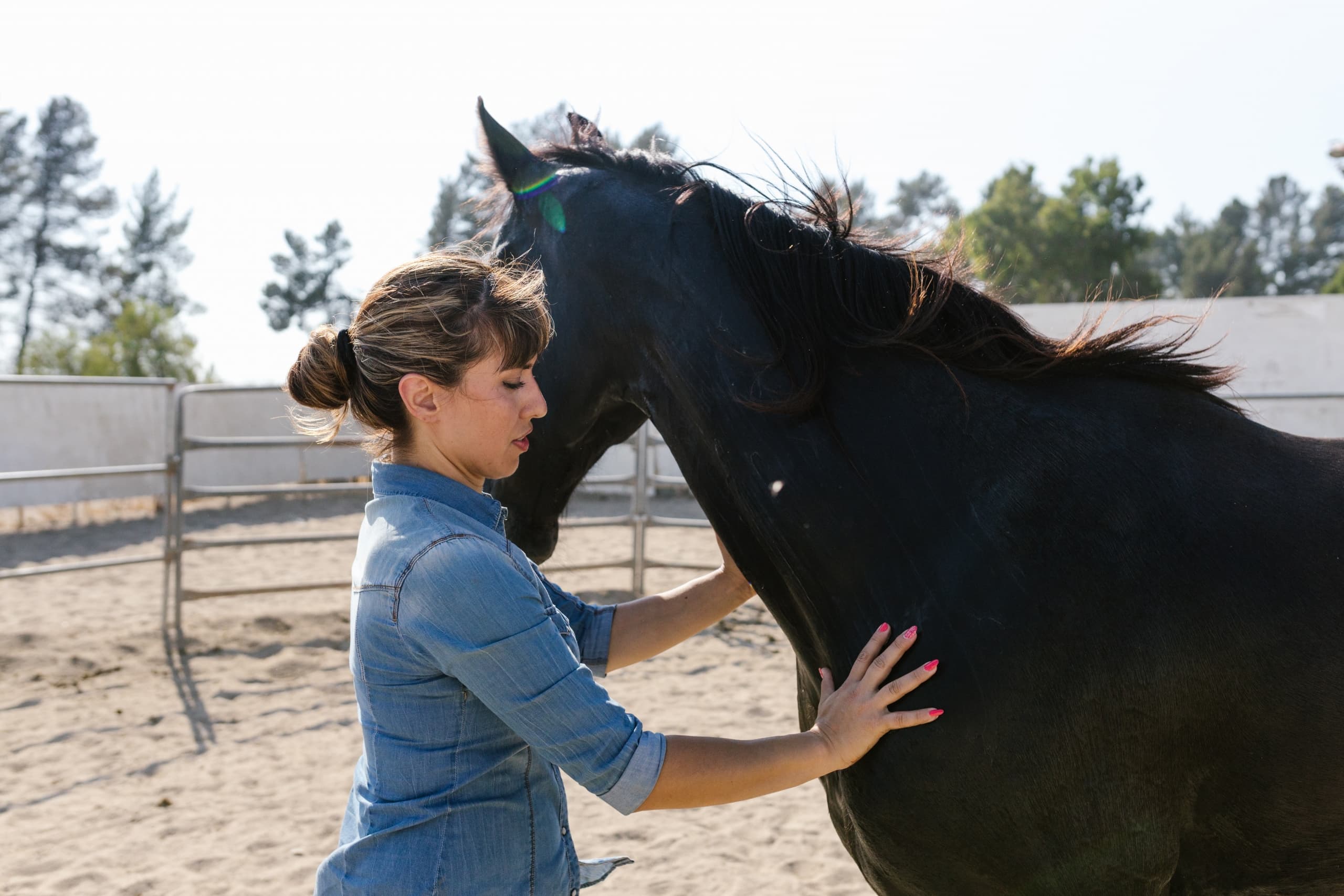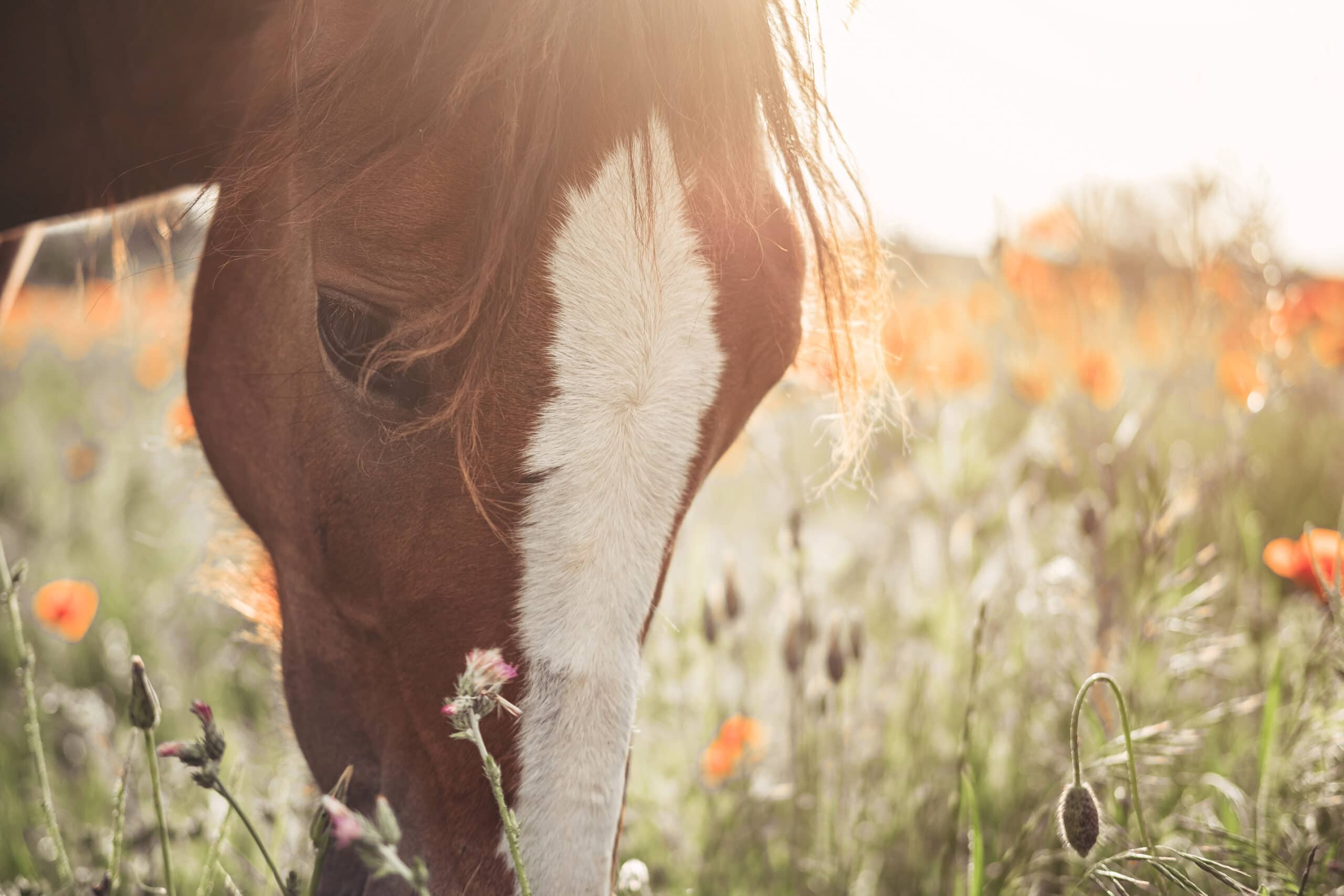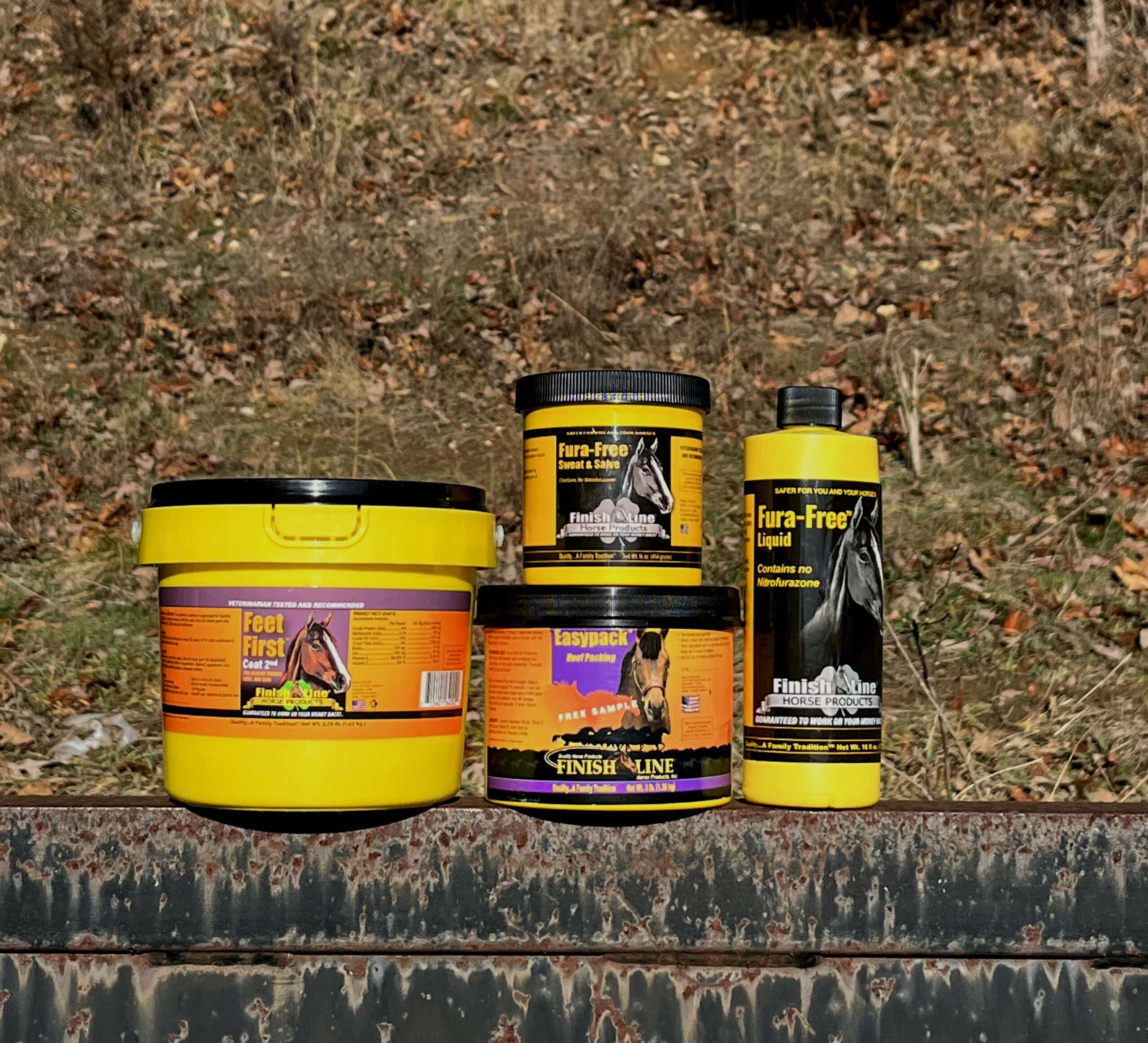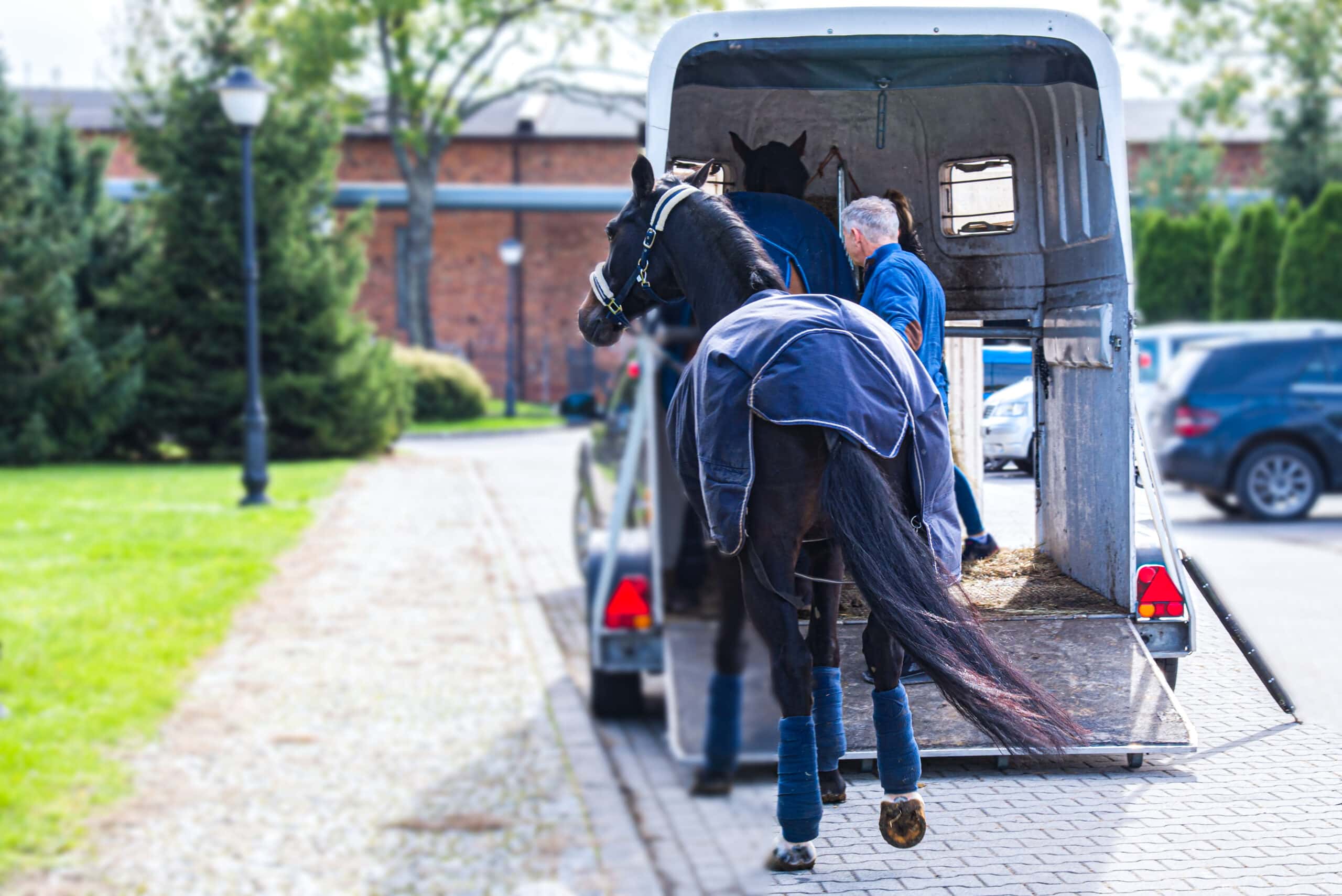Vitamin K is essential for horse heath. It’s stored in the animal’s body fat that can be converted to be water-soluble and housed in the liver. Vitamin K’s main function is coagulation: the nutrient has several properties that help blood clot properly. A deficiency, then, presents the risk of hemorrhage. Thankfully, horses generally get all their nutritional requirements from forage. In fact, it’s incredibly rare for an equine to suffer a vitamin K deficiency. What’s more, guidelines for the amount of vitamin K horses should consume have not been established. Still, many owners choose to supplement the nutrient to support capillary heath, efficient clotting and strong bones. Finish Line’s K-C & More not only supplies vitamin K for healthy blood flow and bone density, but it also contains vitamin C, an important antioxidant.
“Phylloquinone, menaquinone and menadione are the three forms of vitamin K.”
Different types of vitamin K
There are three different forms of vitamin K: phylloquinone, menaquinone and menadione. Phylloquinone, also known as vitamin K1, is stored in the liver for less than a day, according to Kentucky Equine Research. This is the safest form of vitamin K and carries no risk of overdose. However, it’s also the most expensive type to supplement. This vitamin is found naturally and abundantly in green plants, while cereal grains contain small amounts.
Menaquinone, also called vitamin K2, is created by microbes in the small intestine. According to a separate article from Kentucky Equine Research, although K2 is still important, research suggests this form of the vitamin doesn’t make up the majority of vitamin K present in horses.
“These studies indicate that horses appear to have K1 as the predominant circulating form of vitamin K and that horses have poor uptake of vitamin K from the large intestine, suggesting that bacterial-produced vitamin K is not an important source of the vitamin,” said Kathleen Cranden, a nutritionist for the organization.
It’s also important to note that vitamin K2 is toxic when administered at 1,000 times the dietary requirement.
Menadione, or vitamin K3, is a synthetic version added to horse feed and absorbed by both the colon and small intestine. According to TheHorse.com, menadione is metabolized in the same manner as natural vitamin K.
“Vitamin K potentially supports equine bone health.”
Other benefits of vitamin K
In addition to its coagulation properties, vitamin K potentially supports equine bone health. Although no research has been conducted on the effect the nutrient has on bone strength in horses, studies in humans and rodents show vitamin K increases bone density and leads to fewer fractures. In fact, one study found women who receive at least 110 micrograms each day are less likely to break a hip than those who consume less.
Issues leading to vitamin K deficiency
There are several conditions that prevent horses from producing or absorbing the vitamin K they need. Anything that interferes with healthy bacteria in the gut – such as diarrhea, colic, gastric ulcers, antibiotics or surgery – can compromise vitamin K2 production. Sweet clover poisoning also causes vitamin K deficiency, interfering with the horse’s ability to utilize the nutrient’s blood-clotting capabilities. Moldy sweet clover produces a chemical called dicoumarol, which is similar to warfarin, an anticoagulant used in rodenticide. If consumed over a long period of time, the dicoumarol prevents the horse’s blood from clotting.
While horses generally get all the vitamin K they need from their diets, supplementing this nutrient promotes healthy blood and bones. Owners of performance horses might find these properties beneficial when it comes time to compete.









